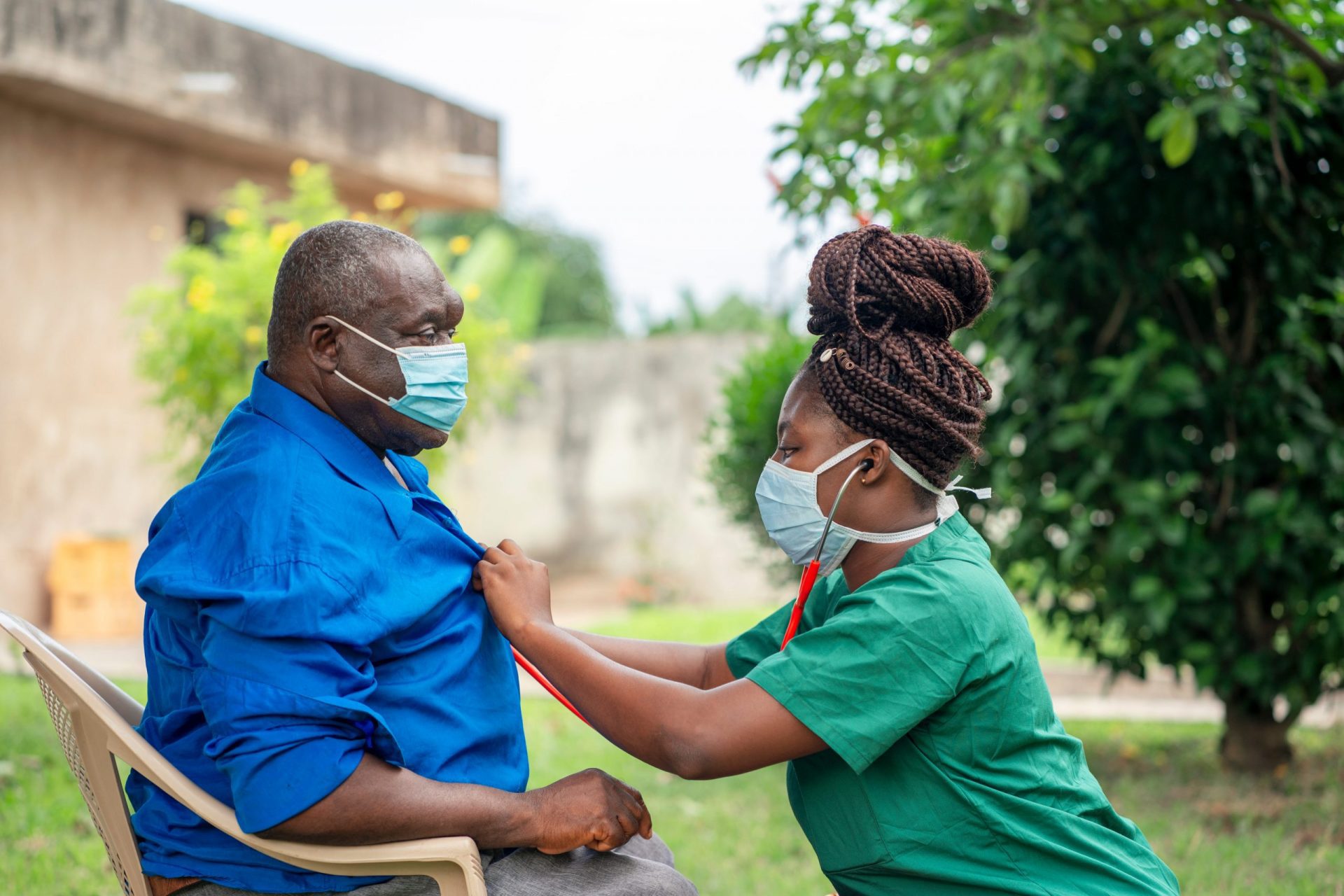Despite medical advances and increased awareness campaigns, many men continue postponing essential prostate treatment. Health care providers identify several key factors contributing to these dangerous delays, highlighting the need for better education and support systems. Understanding these barriers helps create more effective strategies for encouraging timely medical intervention.
Fear of diagnosis
Medical professionals often encounter patients who avoid prostate screenings due to anxiety about potential findings. This fear, particularly regarding cancer diagnosis, frequently leads to harmful postponement of necessary medical care.
Urologists emphasize that modern prostate treatments offer high success rates when conditions are caught early. However, delay tactics driven by fear often result in more complicated treatments and poorer outcomes. Health care providers stress that early detection significantly improves treatment options and success rates.
Mental health experts note that this fear often stems from outdated information about prostate cancer treatment. Modern medical advances have dramatically improved both the treatment process and recovery outcomes. Understanding these improvements helps many men overcome their initial hesitation about seeking medical care.
Symptom embarrassment
Urinary problems and changes in sexual function, common symptoms of prostate issues, often create significant discomfort in discussion. Medical professionals note that this embarrassment frequently prevents men from seeking timely medical attention.
Support groups and health care providers work to normalize conversations about prostate health. Mental health experts emphasize that creating open dialogues about these symptoms helps reduce stigma and encourages earlier medical consultation.
Research indicates that men who participate in support groups or have strong communication with their health care providers are more likely to seek treatment early. These support systems provide valuable resources for overcoming embarrassment and addressing health concerns proactively.
Health misconceptions
Widespread myths about prostate health contribute to treatment delays. Many men incorrectly believe these issues only affect older adults or will resolve without intervention. Health care providers regularly encounter patients who overestimate treatment side effects while underestimating condition severity.
Medical experts stress the importance of accurate information distribution. Current research shows that modern treatments often carry fewer risks than commonly believed, particularly when conditions are caught early. Educational initiatives focus on dispelling these harmful misconceptions.
Clinical studies demonstrate that prostate health impacts men of various ages, with risk factors including family history, lifestyle choices, and overall health status. Understanding these factors helps men make more informed decisions about their health care timing.
Inadequate preventive care
Statistical evidence shows men typically attend fewer regular health checkups than women. Medical professionals note this gap in preventive care often results in missed opportunities for early detection and intervention.
Primary care physicians emphasize the crucial role of regular prostate-specific antigen (PSA) tests and physical examinations. These screening tools help identify potential issues before they become serious problems. Health care providers recommend regular screenings for men over 40 or those with family histories of prostate issues.
Research indicates that establishing regular health care routines early in life significantly improves long-term health outcomes. Health care systems increasingly focus on making preventive care more accessible and appealing to male patients through convenient scheduling options and improved communication strategies.
Symptom minimization
Medical professionals frequently encounter patients who have dismissed early warning signs as minor inconveniences. This tendency to downplay symptoms often results in delayed diagnosis and more complex treatment requirements.
Urologists stress the importance of recognizing subtle changes in urinary patterns or discomfort levels. Early intervention often leads to simpler treatment options and better outcomes. Health care providers work to educate patients about recognizing and reporting early warning signs.
Studies show that many men attribute early symptoms to normal aging processes rather than potential health issues. This misattribution often leads to significant delays in seeking medical attention, potentially compromising treatment effectiveness.
Implementing solutions
Health care providers emphasize several strategies for overcoming treatment delays:
Medical education initiatives focus on providing accurate, accessible information about prostate health. Support groups offer environments where men can discuss concerns openly. Health care systems work to make screening processes more comfortable and convenient.
Research indicates that comprehensive approaches combining education, support, and accessible health care services most effectively encourage timely treatment. These programs often include:
- Community outreach programs
- Educational workshops
- Partnership with local organizations
- Enhanced health care access
- Improved communication systems
Moving forward
Addressing prostate health requires commitment from both health care providers and patients. Medical professionals emphasize that creating open dialogues about prostate health helps reduce stigma while encouraging earlier treatment.
Success in managing prostate health often depends on:
- Regular medical checkups
- Open communication with health care providers
- Understanding early warning signs
- Awareness of family history
- Willingness to discuss symptoms
Breaking the cycle of delayed treatment starts with understanding these common barriers. Health care providers stress that overcoming these obstacles leads to better outcomes and improved quality of life for men facing prostate issues.
The medical community continues developing new strategies to address these barriers effectively. By combining improved education, enhanced support systems, and advanced treatment options, health care providers work to create more accessible and appealing pathways to prostate health care.
This story was created using AI technology.












